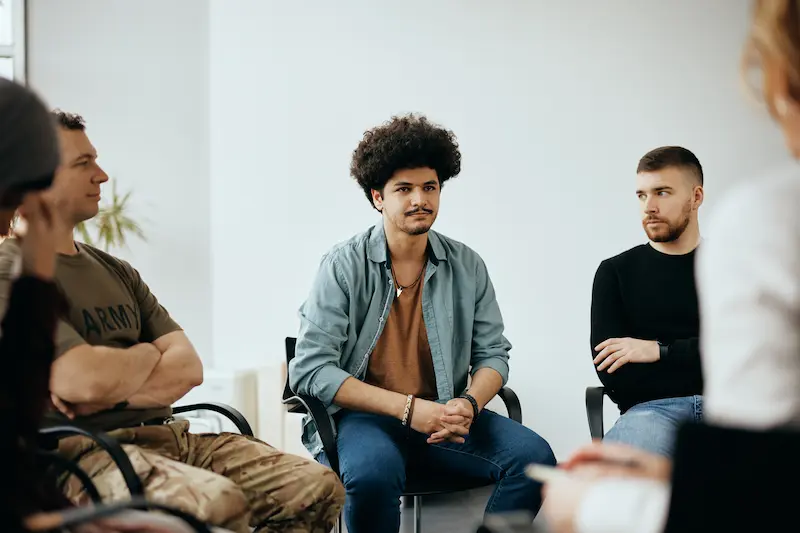24/7 Helpline:
(866) 899-221924/7 Helpline:
(866) 899-2219
Learn more about Couples Rehab centers in Fayette County

Other Insurance Options

Medical Mutual of Ohio

Humana

Molina Healthcare

Coventry Health Care

Magellan Health

Aetna

MHNNet Behavioral Health

Providence

GEHA

BHS | Behavioral Health Systems

Highmark

Amerigroup

Lucent

American Behavioral

United Health Care

Holman Group

Anthem

Premera

Optima

Magellan





























